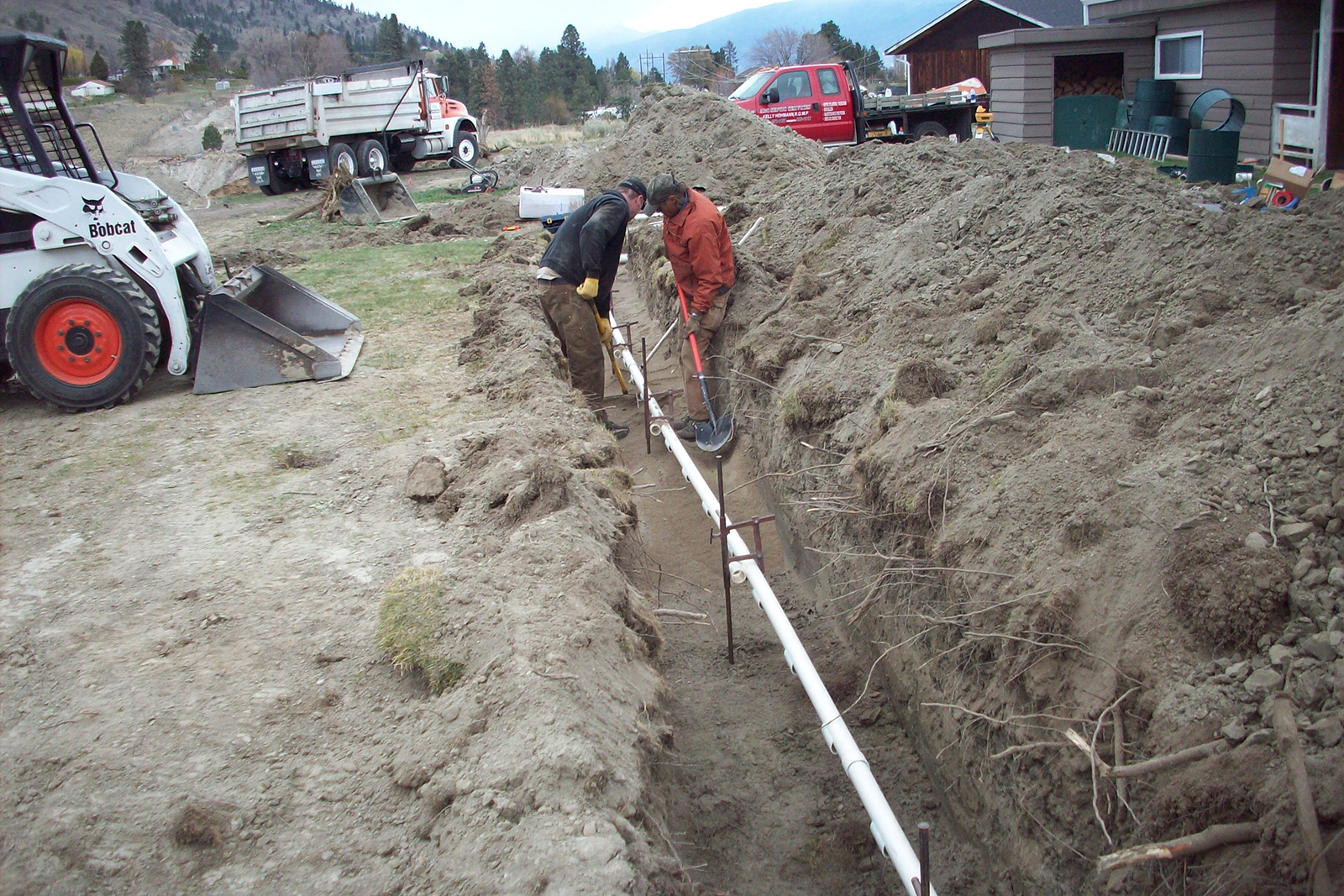If you own a home or business that isn’t connected to an urban sewer system, chances are you have an septic system for managing your wastewater. Septic systems are an eco-friendly and efficient method to manage the sewage. But, they’ll require regular maintenance and eventually need to replaced. In this post, we’ll offer a complete guide to managing septic system cost for the installation as well as replacement.

Installation of a Septic System: What is the Cost?
The installation of a septic system can be a major investment but it is essential to ensure that the property’s wastewater is handled in a safe manner and effectively. The price of the installation of a septic system will be contingent on numerous variables.
Property size: To accommodate more wastewater flows bigger properties require larger septic systems. Larger properties will require larger and more costly septic tanks.
There are many bedrooms. The size of your septic tank will depend on the number of bedrooms are in your home or office. New Hampshire requires that at the very least a 1,000 gallon tank be set up for three bedrooms. An additional 250-gallon tank should be installed for each additional room.
Site conditions The topography of your property and also the type of soil and its permeability will influence the cost of installation. The more challenging terrain or soil conditions may require an additional excavation or the use of specialized equipment which will increase the total price.
Permitting or zoning requirements The requirements for zoning and/or permitting can be modified by state and locality. Additional fees can be charged for permits and inspections.
The typical cost for a New Hampshire septic system installation ranges from $5,000 to $10,000 based on the factors mentioned above. It is important to keep in mind that this is only an estimate and that every situation will have the cost of each case to be different.
Cost of septic system repair
Septic systems can last between 20 and 40 years depending on how well maintained. A septic tank that’s failing will need to be replaced. It’s usually cheaper to replace the entire system than it would cost to fix it. Signs that your septic system may need replacement include slow drains, standing water in your yard, and wastewater backups.
The cost of the replacement of a septic tank will depend on several factors such as the size of your home as well as the number of bedrooms you’ve got, and what conditions you are in. However, a septic systems replacement typically costs more than a new installation because of the necessity to get rid of the old system in a safe manner.
The cost for an New Hampshire septic system repair can range from $10,000 to $25,000 based on the specifics. This is an average estimate. Every situation is unique and will impact the final cost.
Strategies to reduce the expense of your Septic system
Regular maintenance: Regular maintenance of your system for septic, which includes pumping and inspection, will prolong its lifespan and prevent expensive repairs or replacements.
It is important to select the right contractor. A reliable and experienced contractor will make sure that your septic system is compliant with code. This can help you avoid costly repairs and penalties for violations.
Avoid flushing nonbiodegradable items. Cleaning nonbiodegradable materials, such as diapers, sanitary pads and wipes, can clog the septic system. This could result in costly backups.
Conserve water: Conserving water will decrease the burden on your septic system and extend the life of your system.
The most appropriate system is ideal for your home.
A proper septic tank maintenance program is vital to keep your system healthy and operational. A well-maintained tank can provide many benefits in terms of cutting down on costly repairs, reducing ground water contamination, preventing back-ups and odors and also keeping it in good condition for the duration of its. Regularly pumping will improve efficiency and prevent expensive damages caused by cracks, clogs and other damage. It is essential to conduct regular inspections because this will help identify possible issues early. This will ensure you have a safe, efficient and up-to-standard septic tank. In the end, having a written maintenance plan for your septic tank can save time and money in the end as well as providing peace of mind that your house or commercial property will be able to function as a septic system for many years.
For more information, click cost to replace septic tank